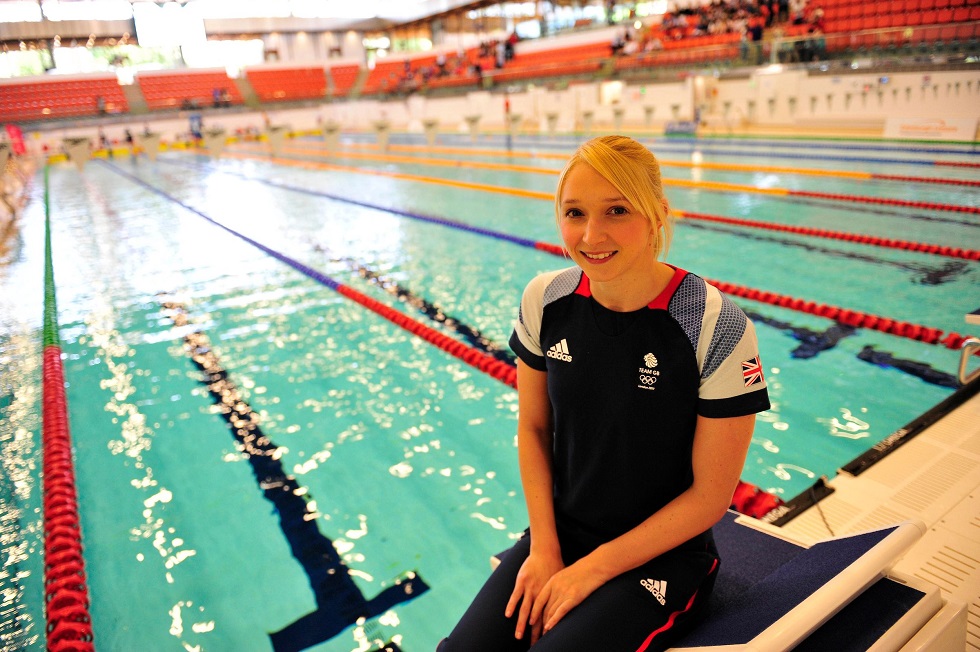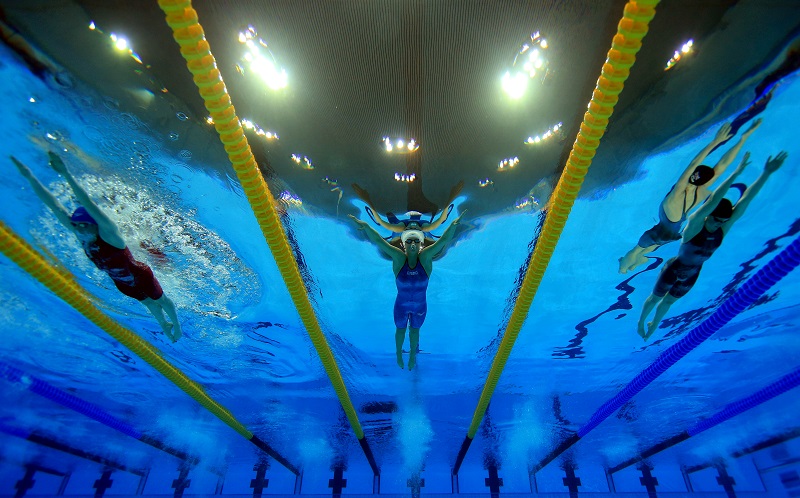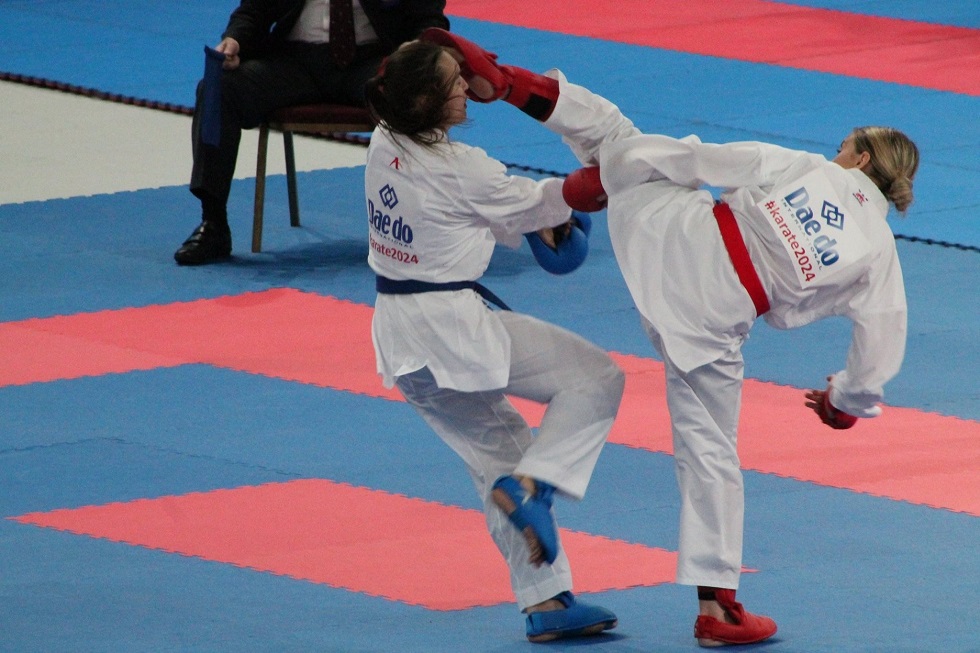Caitlin McClatchey always led the way as a swimmer, winning her first World Championship medal aged 19 and dominating at the Commonwealth Games with a golden double for Team Scotland in Melbourne in 2006.
In 2015 Caitlin hung up her cap and goggles to embark on a new career path in athlete support, and she has now undertaken a voluntary role that gives her the opportunity to help shape the future of her sport in Scotland.
In this exclusive Q&A, 32-year-old Caitlin reflects on her election to the board of Scottish Swimming.
What do you hope to achieve as a board member with Scottish Swimming?
I am delighted to have been appointed to the board of Scottish Swimming. Swimming is a brilliant sport that not only provides a full-body exercise but also gives people water confidence and the ability to save lives.
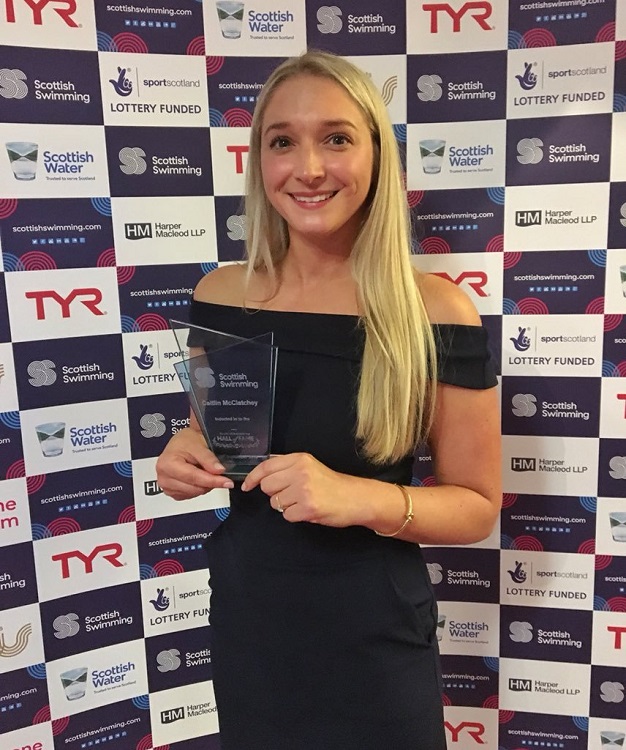 It is vital that everyone has the opportunity to learn how to swim and access facilities, so I hope to support even more people through Scottish Swimming’s Learn to Swim programme.
It is vital that everyone has the opportunity to learn how to swim and access facilities, so I hope to support even more people through Scottish Swimming’s Learn to Swim programme.
I am keen to support all those involved in swimming in Scotland especially the athletes, coaches, support staff, swim clubs and volunteers. Internationally, Scotland has a rich history of fantastic results in the pool, and I would like to further build on this success.
What kind of perspective can you, as an experienced athlete, offer in this role?
It is great that Scottish Swimming see the value of having former athletes involved at board level. In order to best support athletes it is crucial to have an athlete’s perspective in decision making, especially as many decisions directly impact the athletes and those entering the talent pathway.
It’s not just the performance side, either. I went through a Learn to Swim programme and experienced coming up through a club programme being supported by coaches, volunteers and parents without whom I would not be where I am today.
My first experience of the talent pathway was with Scottish Swimming at the age of 15 when I qualified to be on the national youth team. The following year I was de-selected for not progressing, and was very close to walking away from the sport.
I think it’s really important to bring that perspective of both the highs and lows of sport, in order to support athletes from their club programme, to the Talent Pathway and beyond. I have also experienced transitioning out of competitive sport, a daunting yet inevitable reality for elite athletes.
For me, although the idea of retirement brought with it exciting new prospects, I felt a loss of identity, structure and my support network. I would like to build on more ways to support transitioning and retired athletes, making them feel more valued and part of one big team.
Have you undertaken any similar opportunities before?
In November 2016 I was appointed chair of the Scottish Commonwealth Games Youth Trust (SCGYT), a charity which supports young Scottish athletes to achieve their sporting goals. Beforehand, I had very limited board experience as I had only recently retired from competing, so I was very fortunate that people believed in my potential and recognised the value of having former athletes involved.
The opportunity has enabled me to grow and develop my own leadership style, and to understand the governance side of sport.
How do you feel about remaining involved in your sport after retirement?
I loved doing my sport (you have to love it to put in 20-plus years of 5am starts), but when I retired I felt I needed a year out of sport to take stock and figure out what I wanted to do.
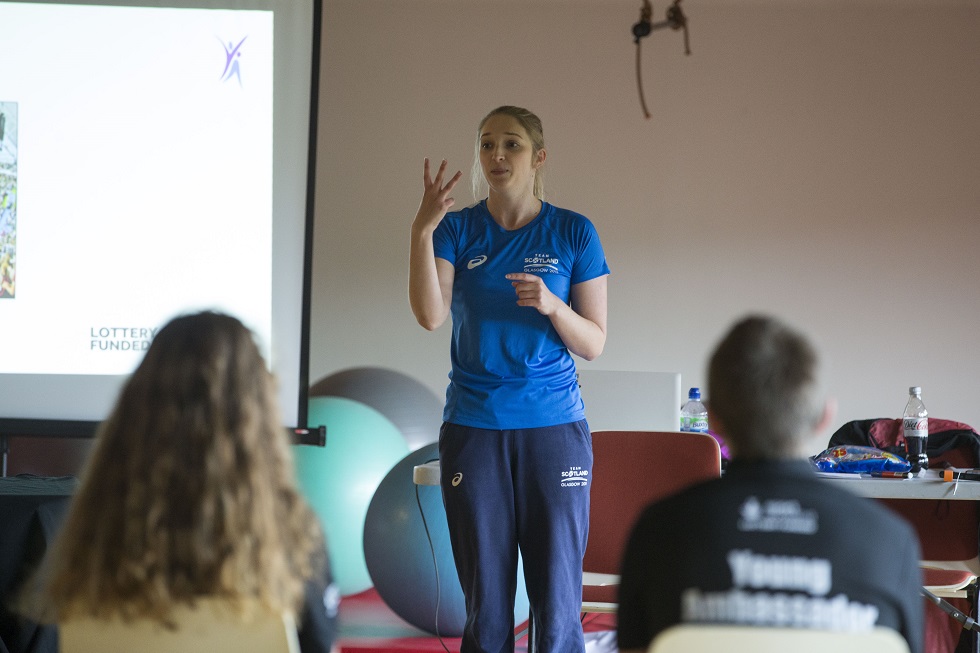
Caitlin McClatchey during an appearance at a sportscotland Young Ambassadors conference
Although I wasn’t competing at the highest level any more I still felt I had a lot to offer, as do so may athletes. I took on a role with the British Athletes Commission and was appointed chair of the SCGYT. These roles have helped me to not only support others but to also have a much greater appreciation of all the hard work that goes on behind the scenes.
It’s great to now be in a position to give back and be involved in the decision-making processes of a sport I love.
How can sporting organisations benefit from having a cross-range of ages and genders on the board?
I think it’s extremely important to have a fully representative board made up of different ages, genders, experiences and backgrounds. The swimming community within Scotland transcends all groups so we need to make sure we represent our community.
Additionally, sports organisation boards shouldn’t just be made up of people from one sport, or even just from individuals within the sporting world. It’s good to learn from other industries by bringing a range of different perspectives to the table and sharing best practice.
What would you say to recommend volunteering to other athletes (retired or otherwise)?
I would definitely recommend volunteering to both current and retired athletes. We are a sport which is built on a network of volunteers, who enable us to do what we love (hopefully for many years), so I think it’s important to give back.
Volunteering can also be a great way to build demonstrable experience for athletes to put on their CV. It can help them to develop life skills which, in turn, grow confidence, and it can be a great foot in the door for life after sport.
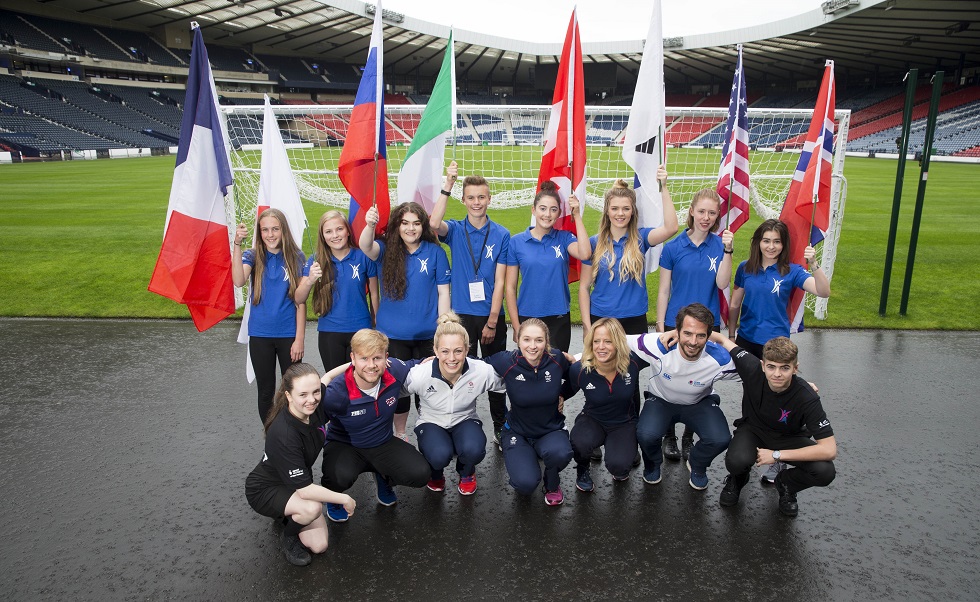
Caitlin joins fellow athletes at a Young Ambassadors conference at Hampden Park
I would also recommend athletes to build their network during and after their sporting career. Don’t be afraid to pick up the phone to someone within your network to ask for advice. People are happy to support and help others.
Finally, are you enjoying the break from training and competition? What else is keeping you busy?
I definitely miss competing. Training 10 times a week? Maybe not so much. It is still a bit strange watching competitions from the stands, but I had a great time at the Glasgow 2018 European Championships supporting the swimmers during some of the final sessions.
I now work for the British Athletes Commission, an organisation which provides athletes with support on issues such as team selection, funding and mental health. I am the athlete representative manager and my job involves working with sports to support the athlete rep recruitment process.
Athlete representation is a mechanism for athletes to communicate the collective athlete voice to their sport. Once reps are appointed I can support them with training and development opportunities to help them to be more effective in their role. I really enjoy visiting different sports and working with staff and athletes.
Find out more
Discover more about Learn To Swim, the National Swimming Framework and opportunities to get involved at the Scottish Swimming website.

